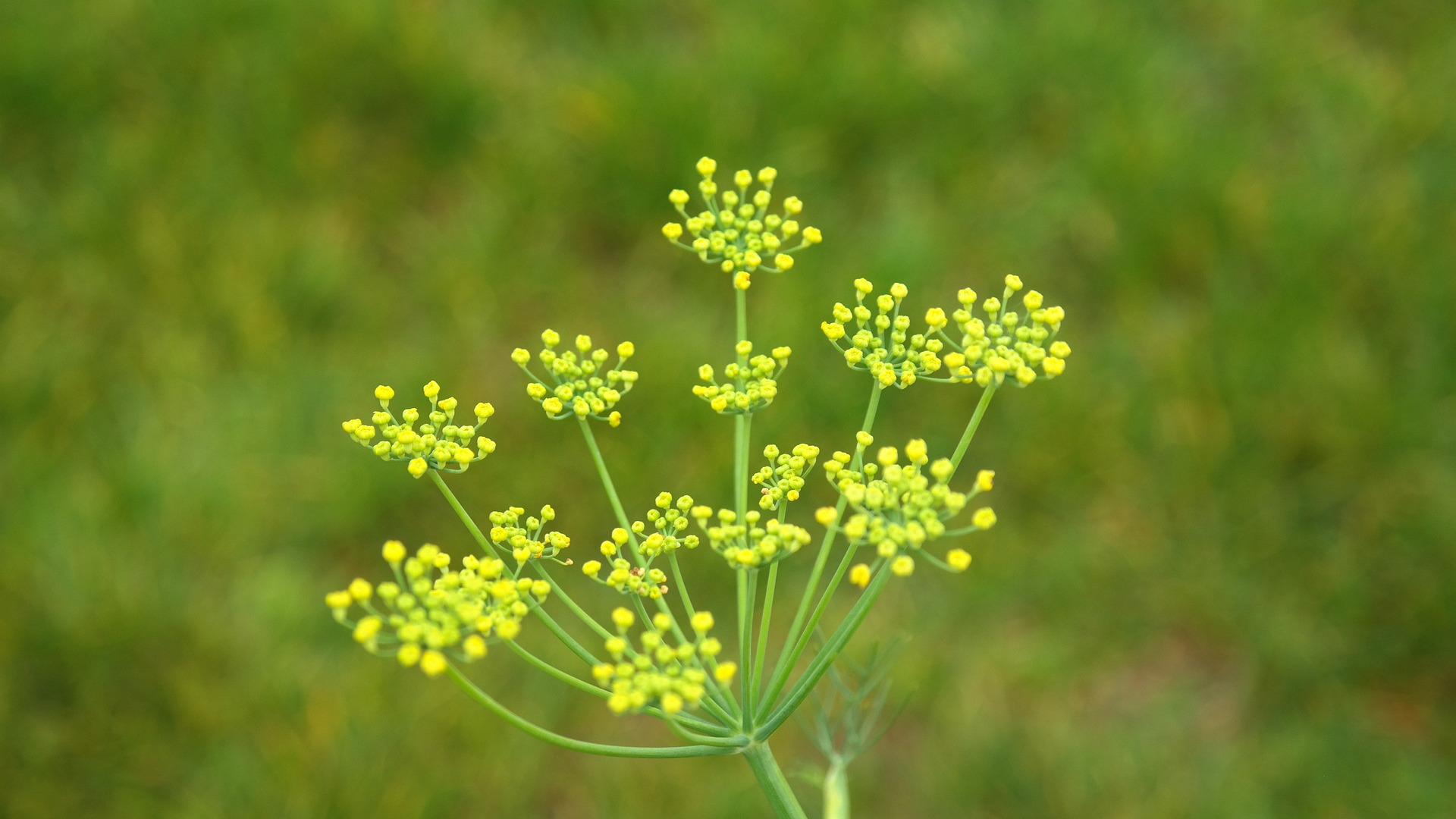Exploring the Aromatic World of Clove Essential Oil
Clove essential oil boasts a captivating aroma that transports you to pumpkin pie, spice cake, and festive delights. Its warm, spicy fragrance is a sensory delight and a testament to this essential oil's rich history and diverse applications.
The Journey of Clove Oil: From Tree to Spice Trade Staple
- Origins and Appearance:This evergreen tree, native to Indonesia and the Malacca Islands, stands tall at around 30 feet. Adorned with bright green leaves and nail-shaped, peach-colored flower buds, it produces the coveted cloves. Once dried, these buds transform into a deep red-brown hue, becoming a vital commodity in the historic spice trade.
- Historical Significance:Clove's significance transcends its aromatic charm. It has served as a breath sweetener and toothache remedy for the Greeks, Romans, and Chinese. Its antiseptic properties played a role in preventing contagious diseases, including the plague.
Intriguing Facts: Unveiling Clove's Secrets
-
Clove oil's antiseptic properties were historically harnessed to combat contagious diseases, including the plague.
-
The aroma of clove oil serves as a sensory pleasure and doubles as a natural insect repellent.
-
Once a spice trade staple, cloves have found a place in modern-day perfumery, adding depth to scents.
-
Beyond its culinary uses, clove oil has therapeutic applications, from massage oils to aromatherapy.
These fascinating facts deepen our appreciation for clove essential oil and invite us to explore its diverse applications and rich history.
Benefits of Clove Essential Oil
In contemporary times, cloves find their place in culinary delights and perfumes, mulled wines, and liqueurs. The essential oil, extracted through steam distillation from the Syzygium aromaticum tree's leaves, stems, and buds, offers versatile variations—clove leaf oil, clove bud oil, and clove stem oil, each with distinct characteristics.
Clove Essential Oil's Therapeutic Effects
Clove essential oil brings many benefits beyond its delightful fragrance. Diluted in carrier oils, it becomes a potent tool in massage oils for treating various conditions, from bronchitis and colds to rheumatism and muscle pain. Its application extends to treating skin sores and ulcers and providing pain relief.
- Analgesic: pain reliever
- Antineuralgic: relieves or stops nerve pain.
- Antiseptic: inhibits the growth and development of microorganisms.
- Antispasmodic: prevents or relieves spasms and cramps.
- Carminative: settles the digestive system and relieves flatulence.
- Disinfectant: inhibits the growth of bacteria.
- Insecticide: a substance used to control insect pests.
- Stimulant: temporarily arouses or accelerates physiological or organic activity.
- Stomachic: stimulates digestion in the stomach.
- Tonic: strengthens and restores vitality.
- Uterine tonic: strengthens and restores vitality in the uterus.
Aromatherapy Using Clove Essential Oil
In aromatherapy, clove oil tackles respiratory issues like bronchitis and asthma, uplifts mood, combats dizziness and weakness, and enhances memory.
Clove Oil Disinfectant and Pain Relief
Clove oil is an effective disinfectant and pain-relieving mouthwash when diluted. Applied topically, it aids in skin treatment and offers relief from toothache.
Clove Oil Moth Repellent and Insect Deterrent
Surprisingly, a few drops of clove oil on a cotton ball can work wonders as a moth repellent in linen cupboards. Its aromatic prowess also extends to repelling other insects, making it a valuable addition to citronella blends for outdoor candles.
Clove Essential Oil Sciatic Pain Massage
If you have sciatic or back pain, this is an excellent choice for massage oil.
- 1-ounce carrier oil, such as sweet almond or trauma oil*
- 3 drops of Clove essential oil
- 3 drops of Ginger essential oil
- 4 drops of Spike Lavender essential oil
- 3 drops of Helichrysum essential oil
- 3 drops of Sandalwood essential oil
- 4 drops of Frankincense essential oil
*Trauma Oil
*Trauma oil is a blend of herbal-infused oils known for their anti-inflammatory and pain-relieving properties. Typically, Trauma oil contains calendula, arnica, and St. John's wort. Trauma oil is often used as a carrier for essential oils but can also be used independently.
- St. John's Wort: anti-inflammatory, antiseptic, antiviral, helps to speed up the healing process.
- Calendula: aka marigold, has been used medicinally for centuries, helps reduce inflammation, and treats unbroken damaged skin for burns, rashes, and sprains.
- Arnica: Increases blood circulation and reduces inflammation from bruising, arthritis, and insect bites.
Using Clove with Other Essential Oils
Clove oil blends exceptionally well with
- Basil
- Benzoin
- Cinnamon
- Clary sage
- Ginger
- Lavender
- Sandalwood
Safety and Use With Clove Essential Oil
Clove essential oil is very potent and should be used carefully. The concentration of clove oil to carrier oil should be well below 1 percent when it is to be applied to the skin. Clove Oil can cause skin irritation and irritate mucus membranes. Do not use Clove oil during pregnancy.







